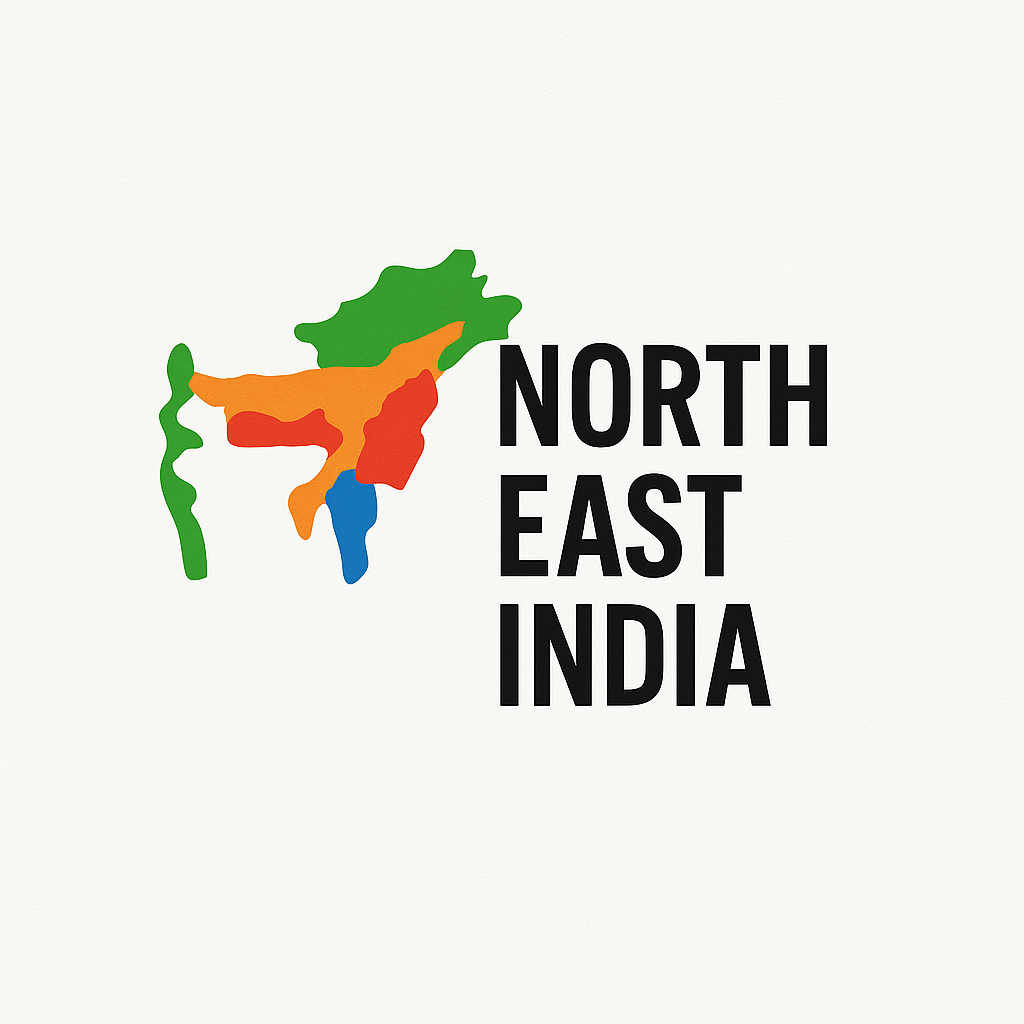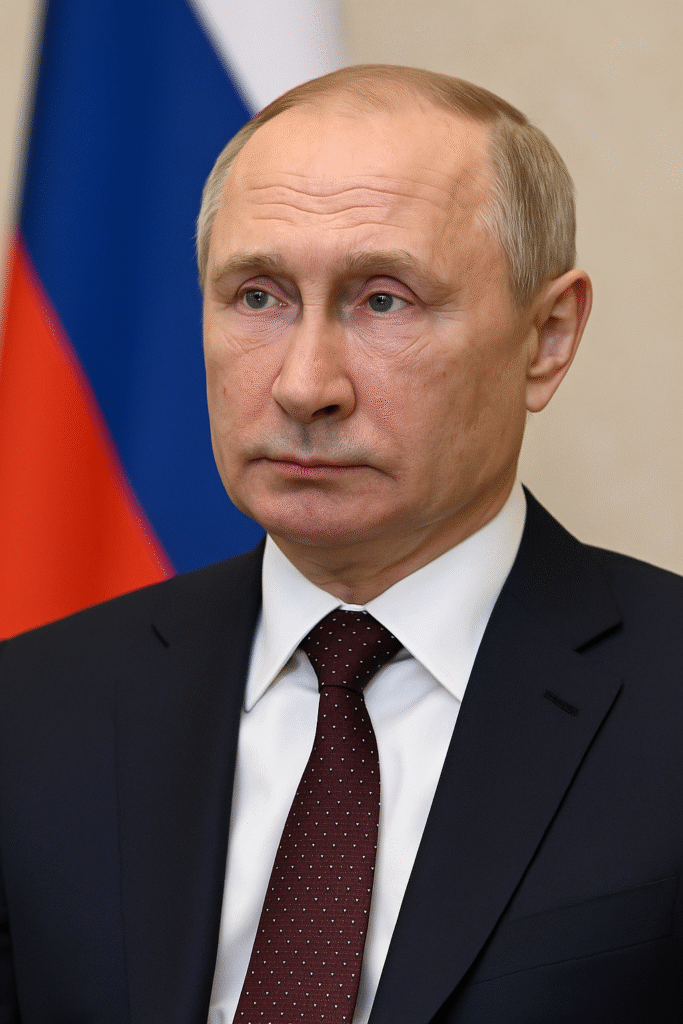
Few global figures in modern history have wielded power as decisively and for as long as Vladimir Putin. From a modest childhood in Soviet-era Leningrad to commanding the Kremlin for over two decades, Putin’s journey is a blend of discipline, strategic brilliance, cold calculation, and relentless pursuit of national power. His life is also filled with tales of espionage, survival, political cunning, failures that fueled reinvention, and decisions that reshaped not just Russia but the global order.
In this in-depth blog, we uncover Putin’s early life, career evolution, rise to the presidency, major reforms, failures and controversies, and 4–5 gripping stories that offer a deeper understanding of what makes him one of the world’s most formidable and polarizing leaders.
Early Life(Vladimir Putin): Humble Roots in Leningrad
Born on October 7, 1952, in Leningrad (now St. Petersburg), Vladimir Putin grew up in a communal apartment shared by multiple families. His parents, Maria and Vladimir Spiridonovich Putin, were factory workers and World War II survivors. His two older brothers had died before he was born—one during infancy and another during the Siege of Leningrad.
Vladimir Putin was known to be a street-smart, disciplined child who often got into fights. But he wasn’t aimless—he had a goal. Inspired by Soviet spy films, young Putin set his sights on joining the KGB (Committee for State Security).
Elon Musk Biography 2025: From Childhood Genius to Tech Billionaire & Space Visionary
Key Early Traits:
- Black belt in judo and sambo (Russian martial art).
- Passion for discipline and strategy.
- Interest in intelligence and espionage from an early age.
KGB Career: The Spy Years (1975–1991)
Vladimir Putin joined the KGB in 1975, right after graduating from Leningrad State University with a law degree. He was trained in intelligence, counterintelligence, and surveillance.
From 1985 to 1990, Vladimir Putin was stationed in Dresden, East Germany, under a cover job at the Soviet cultural center. These years molded him profoundly. He witnessed the decline of Soviet power, the collapse of the Berlin Wall, and the helplessness of the KGB in a crumbling empire.
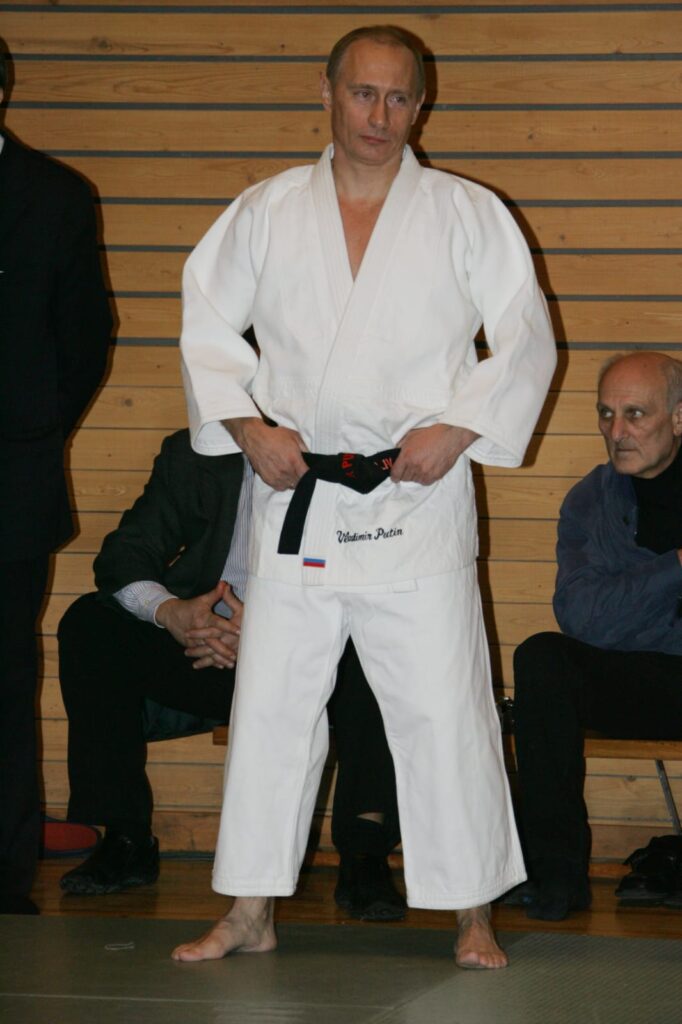
Story #1: Vladimir Putin Burns KGB Documents in Dresden
In 1989, as East Germany collapsed, protesters surrounded the KGB compound in Dresden. Vladimir Putin, a mid-level officer, personally supervised the burning of classified documents to prevent them from falling into enemy hands. When he called Moscow for help, the response was chilling: “Moscow is silent.”
This incident taught Putin a lifelong lesson: never be weak, and never depend on higher powers for rescue.
Return to Russia: Rise Through Politics (1991–1999)
After the Soviet Union dissolved, Vladimir Putin returned to Russia and joined the St. Petersburg city administration under Mayor Anatoly Sobchak. Here, he became known as a competent, loyal technocrat.
In 1996, he moved to Moscow and quickly rose through the ranks of Boris Yeltsin’s presidential administration. In just three years, he went from an unknown bureaucrat to head of the Federal Security Service (FSB) and then Prime Minister in 1999.
Story #2: The Mystery of Yeltsin’s Successor
In December 1999, ailing President Boris Yeltsin resigned unexpectedly and named Vladimir Putin acting president. Many believed Putin was chosen because of a secret deal: he would grant Yeltsin and his family immunity from prosecution.
🧠 Jeff Bezos Biography 2025: Amazon Founder’s Inspiring Journey, Failures & Leadership Insights
Presidency Phase 1: The Rebuilder (2000–2008)
Vladimir Putin won the 2000 presidential election in a landslide. Russia at the time was in chaos—broken economy, rampant corruption, separatist violence in Chechnya, and weakened global stature.
Key Reforms & Actions:
- Restored economic stability using oil revenues.
- Cracked down on oligarchs (notably Mikhail Khodorkovsky).
- Restored order in Chechnya, though with severe human rights concerns.
- Strengthened state control over media and industry.
Story #3: The Rise of the Oligarch Slayer
When Khodorkovsky, Russia’s richest man and head of Yukos Oil, began funding opposition parties, Vladimir Putin had him arrested in 2003. This sent a clear message: the days of oligarchs controlling Russia were over. The state was back in control.
Presidency Phase 2: The Strategist (2008–2012)
Due to constitutional term limits, Putin stepped down in 2008 but installed his ally Dmitry Medvedev as president while serving as prime minister.
However, real power never left his hands.
Key Moves:
- Oversaw modernization and defense strengthening.
- Laid the foundation for return to presidency via constitutional changes.
- Kept tight control over political and media institutions.
Return as President: The Global Challenger (2012–Present)
Putin returned to the presidency in 2012 amid protests claiming the elections were rigged. Over time, his rule has become more authoritarian and internationally assertive.
Major Events:
- Annexation of Crimea (2014): Sparked global outrage and Western sanctions.
- Military intervention in Syria (2015): Reasserted Russian influence in the Middle East.
- Constitutional reforms (2020): Enabled him to remain in power until 2036.
- Russia-Ukraine War (2022–Present): A controversial and bloody conflict that altered global geopolitics.
Russia’s Role in the Syrian Civil War
In 2015, while the U.S. struggled in the Middle East, Putin sent Russian forces to support Bashar al-Assad’s regime in Syria. Russia’s military strategy helped turn the tide in Assad’s favor.
Impact:
Putin positioned Russia as a key global player in the Middle East, protecting its naval base in Tartus and gaining loyalty from Assad.
This was a show of force — both militarily and diplomatically — and earned Russia a seat at every negotiation table on Syria.
Oil, Gas, and Global Energy Control
Russia under Putin controls some of the world’s largest oil and natural gas reserves. By supplying energy to Europe and Asia, Putin turned gas pipelines into geopolitical weapons.
Example:
In 2022, during the Russia-Ukraine war, Putin reduced gas supplies to Europe, triggering an energy crisis. This made countries rethink their energy dependence on Russia.
Quote:
“Whoever controls energy, controls everything.” – This is not just a saying; it’s Putin’s policy in action.
Putin’s Power Tactics: Fear, Loyalty, and Propaganda
Putin’s rule isn’t just about elections. He has mastered political theater, silencing critics, state-controlled media, and oligarch loyalty.
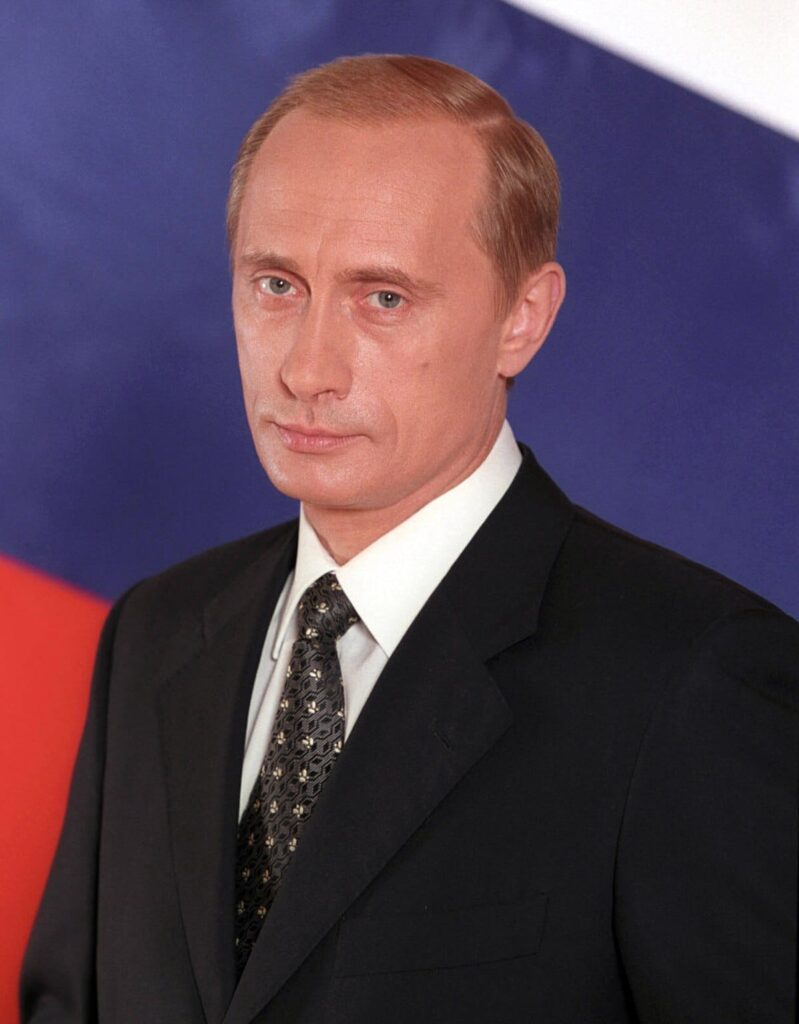
Control Over Media and Internet
The Russian media landscape is highly regulated. Putin ensures his image is strong, patriotic, and fearless — whether it’s shirtless horse riding in Siberia or wrestling judo champions.
Silencing Critics and Opposition
From the poisoning of Alexei Navalny to mysterious deaths of journalists and critics, many have accused Putin’s regime of suppressing dissent by any means.
Global Image: Feared, Respected, and Unpredictable
To the West, Putin is dangerous. To many Russians, he is a protector of national pride who brought back Russija’s strength after the USSR collapse.
Putin vs. The West
Whether it’s interfering in U.S. elections, cyberattacks, or Ukraine’s war, Putin’s rivalry with Western powers makes him a central figure in global politics.
Quote by Joe Biden (2021):
“I think he’s a killer.” – This remark shows how serious the U.S. views Putin’s global actions.
The Russia-Ukraine War: A Game-Changer
In February 2022, Putin shocked the world again by invading Ukraine. Despite international condemnation and economic sanctions, Putin continued the war.
Reason:
Putin believes Ukraine is part of Russia’s historical sphere. The war has led to thousands of deaths, but Putin remains defiant, betting on the West’s fatigue.
2025 Update:
As of this year, the war has not ended. Russia controls several parts of Eastern Ukraine, and NATO tensions remain high.
Failures and Controversies
No leader rules without error. Some of Putin’s significant failures include:
- Handling of democracy: Suppression of dissent, jailing opposition leaders like Alexei Navalny.
- Economic over-reliance on oil/gas: Led to vulnerability during sanctions.
- Western sanctions post-2014 severely hurt the Russian economy.
- Ukraine war: A high-cost conflict with massive human, political, and economic consequences.
Story #4: The Survival of Putin Post-Beslan
In 2004, during the Beslan school hostage crisis, over 300 people—mostly children—died. Public outrage was enormous. Yet, Putin faced it head-on and used the moment to consolidate more power, abolishing direct gubernatorial elections and enhancing federal control.
Tragedy became a tool for state centralization.
Story #5: The Secretive Billionaire?
Although his official salary and net worth appear modest, reports (like the Panama Papers) suggest Putin may secretly control billions in assets. Lavish palaces, hidden companies, and offshore holdings point to an opaque financial empire. Yet, he has always denied these allegations, calling them Western propaganda.
Why Is Putin So Powerful?
- Master of Image Crafting: From riding bare-chested horses to diving in lakes, Putin cultivates a masculine, fearless image.
- Control Over State Machinery: From media to intelligence, Putin has installed loyalists everywhere.
- Geopolitical Moves: Whether in Syria or Ukraine, Putin often outmaneuvers the West.
- Appeal to Russian Nationalism: He positioned himself as the guardian of Russian pride and sovereignty.
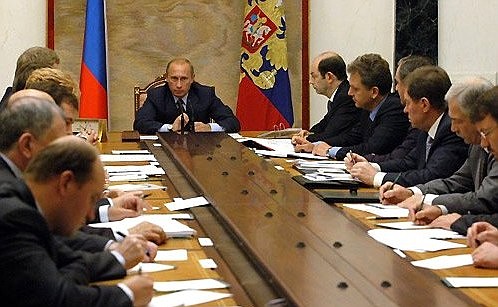
Legacy: Reshaper or Tyrant?
To his supporters, Putin restored Russia’s pride, stabilized the economy, and reclaimed lost influence after the Soviet collapse.
To critics, he destroyed democracy, silenced dissent, and isolated Russia globally.
Why Russians Still Support Him (Even in 2025)
- He restored Russian pride
- Created the image of “Strong Russia”
- Economic improvements (pre-2022)
- Control over corruption within elite circles
- Nationalist media narrative
Likely Future:
With recent constitutional changes, Putin may remain president until 2036, making him the longest-serving Russian leader since Stalin.
Conclusion
Vladimir Putin’s journey from a small apartment in Leningrad to the throne of the Kremlin is a story of discipline, ambition, and cold strategy. Love him or loathe him, he has become a symbol of 21st-century power politics—complex, contradictory, and captivating.
With each move, Putin continues to shape not only the fate of Russia but the direction of global politics.
🌄 Plan Your Trip to Northeast India with Us!
Want to explore the untouched beauty of the Northeast?
From the misty mountains of Mizoram to the living root bridges of Meghalaya, and the cultural heart of Assam — we’ve got you covered!
✅ Personalized Travel Itinerary
✅ Local Guides & 24/7 Support
✅ Best Hotel & Homestay Options
✅ Group Tours & Solo Packages
✅ Affordable, Safe & Hassle-Free
📩 Contact us today and let’s start planning your dream trip!
📞 Call/WhatsApp: 8453980642
🧳 Book your Northeast adventure now – Discover places you’ve only dreamed of!
